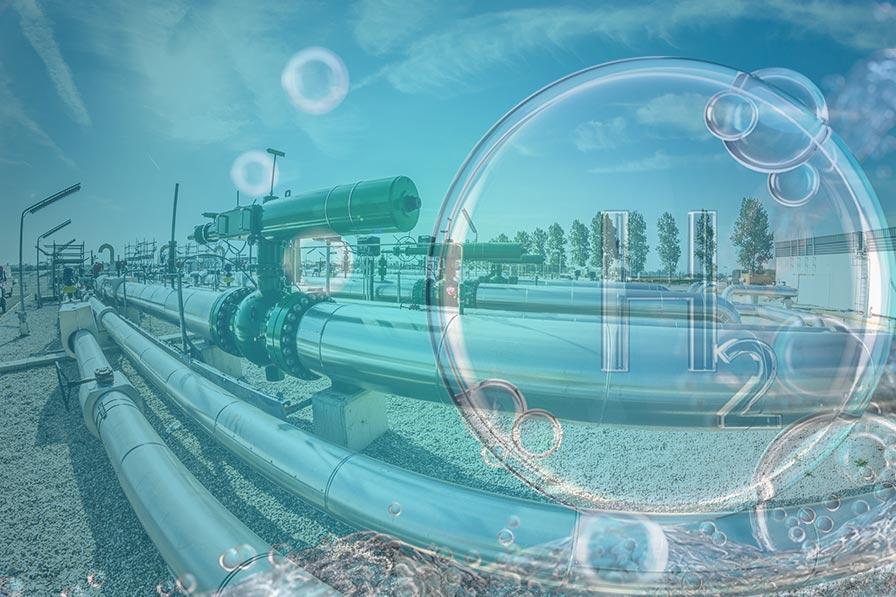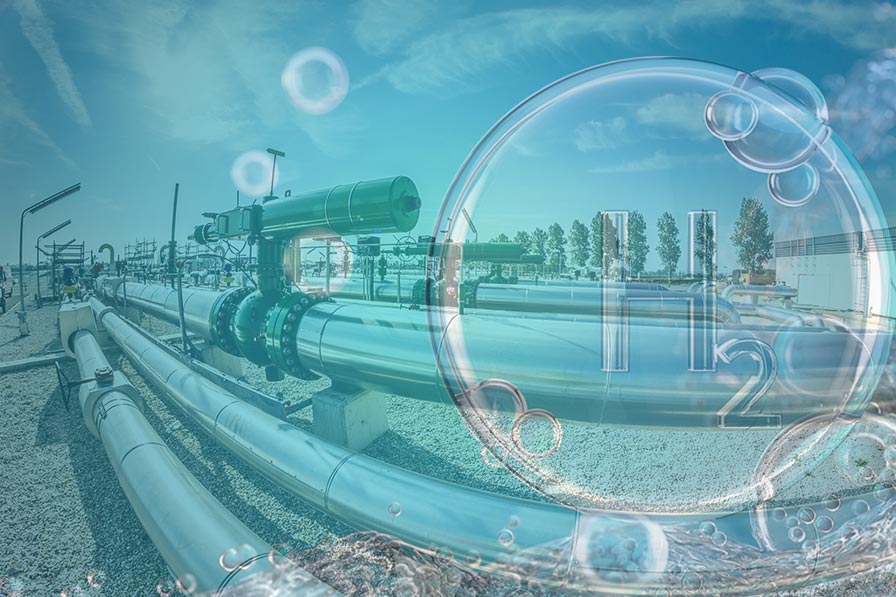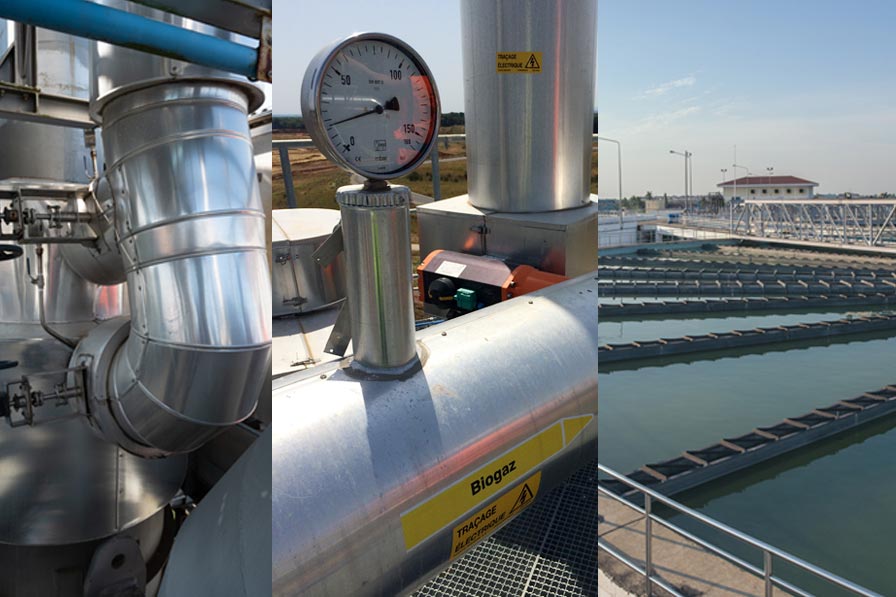Launch of a Call for Expression of Interest for Dunkirk market stakeholders

GRTgaz has launched an open season market consultation procedure to assess requirements and confirm the economic utility of pipeline-based hydrogen transport infrastructure across the Dunkirk industrial and port area.
Through this procedure, GRTgaz will be able to investigate issues surrounding the construction, development and operation of a pipeline that all stakeholders would be able to access. This regional initiative comes in the wake of the first national consultative proceedings for the low-carbon and renewable hydrogen market that were conducted in June 2021. GRTgaz used these proceedings to identify the first ecosystems in which there is currently impetus to develop carbon-free hydrogen.
The major industrial areas, including port zones, have been identified as priorities – areas in which hydrogen transport logistics arrangements are eagerly awaited, driven by key hydrogen production and consumption projects.
On the basis of the lessons it has learned, GRTgaz has launched projects in the Dunkirk, Fos-Marseille and Valenciennes basins, in the Moselle region and in the Rhine Valley, the aim being to develop pipeline-based transport infrastructure to serve local emerging hydrogen ecosystems. These projects are designed to connect producers and consumers of low-carbon renewable hydrogen across these regions, using shared network infrastructure so as to ensure security of supply, and to provide flexibility and regional dynamism.
Dunkirk: a pioneering urban area, committed to decarbonisation
Boasting major infrastructure and a number of already-existing networks, the Dunkirk urban area will be particularly well suited to the large-scale production of hydrogen in the years ahead.
The port zone is also well ahead when it comes to issues to do with decarbonising industry: infrastructure exists for carbon capture, storage and usage – all areas that GRTgaz also supports across the region.
GRTgaz's Open Season consultation procedure in Dunkirk is aimed at all hydrogen production and consumption project managers interested in new infrastructure in the Dunkirk port area, including manufacturers, project developers and companies involved in mobility. They are invited to take part by first filling in a dedicated “expression of interest” questionnaire available in GRTgaz website.
The operation will be conducted in two phases. There will be an initial one to qualify needs and identify the type of infrastructure that needs to be developed. Then an investment phase for all interested stakeholders.
“We are absolutely certain that the future of hydrogen depends on there being infrastructure available capable of transporting and storing large quantities of it, connecting up zones in which it is produced to ones in which it is consumed, at local and national level, as well as at European level. With this in mind, GRTgaz has identified Dunkirk and its industrial-port zone as an area of interest. Working alongside the relevant stakeholders, it has engaged in in-depth discussions about the deployment of hydrogen and CO2 transport and storage infrastructure that would be openly accessible. Furthermore, this initiative contributes to the development of a European hydrogen market and to the decarbonisation of our economy”, said Thierry Trouvé, CEO of GRTgaz.
Main phases of the consultation procedure

Infrastructure initially proposed for the Dunkirk industrial-port basin
The infrastructure envisaged by GRTgaz will pass through the various sections of the port to the west, near the small town of Gravelines. It will pass close to the Atlantic basin, following technical corridors identified by the Dunkirk Grand Port Maritime, before joining the centre and the eastern section of the port up to the site of an old refinery.
Changes may be made to the route, based on feedback from stakeholders articulated during the expression of interest phase. The decision to invest in the infrastructure will be based on interest from stakeholders in the region. In subsequent phases, this first pipeline network irrigating the industrial-port basin could be extended into the hinterland*, and towards Belgium.
* Hinterland: a port’s sphere of influence and area of economic appeal

